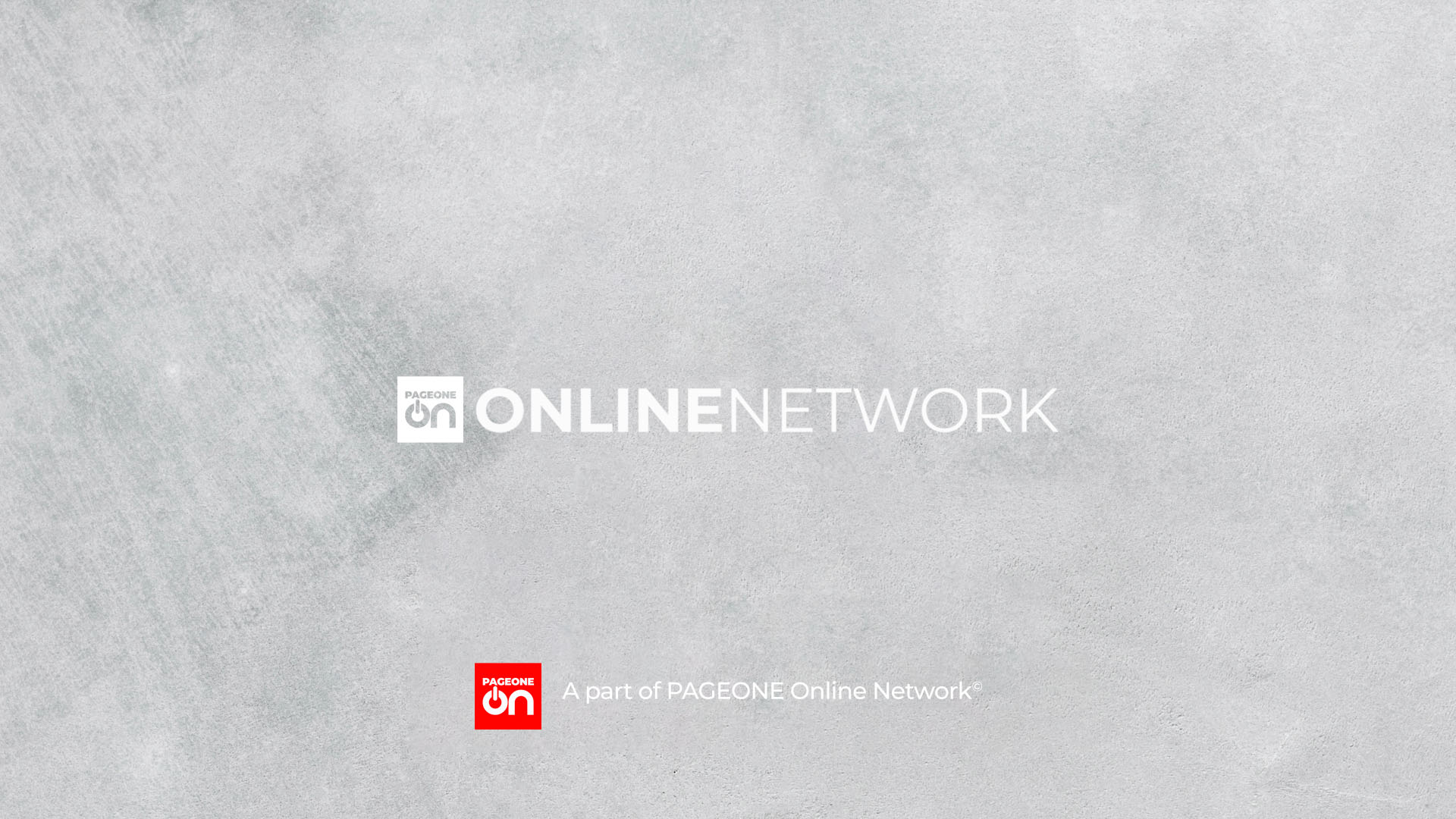Congratulations on purchasing your first car or condo… so, what’s next?
If you are a millennial, then surely, you know what #Adulting means. You have reached an age where you’re paying your own bills, searching for the best career option, buying or renting a house to live in, and planning for your very first car purchase. And while ‘Adulting’ also means ‘taking responsibility’, these major milestones make it really important for you to have a secure financial net. That’s exactly what insurance is: a financial security net.
If you’re thinking of getting general insurance for your acquired car or property, the terms might be a bit confusing and overwhelming for you. To help you out, here are some important terms related to general insurance that you should take note of:
General Insurance
Need we say more? General or Non-Life Insurance covers damages against automobiles and property that are caused by accidents, fire, natural disasters, theft, burglary, and other unforeseen events, even natural disasters. Common types of General Insurance include Auto insurance, Property and Fire, Travel insurance, Bonds, Personal Accident insurance, Engineering insurance, Miscellaneous Casualty, Homeowner’s Protection Plan, Marine insurance, Aviation, and other miscellaneous forms of non-life insurance. Insurance companies can also insure any other special products you own, based on special pricing.
Assured
This is YOU! Also known as the insured, the assured is the owner of the property insured and is covered by the insurance as well as protected by the terms mentioned in the insurance policy.
Policy
An insurance policy is a contract agreed by you and your insurance provider. This includes all important details about your insurance, including but not limited to, the details of your insurance coverage, premium, specific risks and perils covered, duration of coverage, mode of premium payment, and deductibles.
Premium
This refers to the amount that you need to pay for your insurance policy. Non-life insurance coverage is usually for one year.
Deductible
This pertains to the amount in an insurance claim that you need to shell out before receiving the insurance coverage. After paying this certain amount, your insurance company will then start paying you the remaining amount of the claim value up to the limits indicated in your insurance policy. The deductible is usually very small compared to the total amount insured.
Agreed Value
This is a fixed amount that you and your insurance company agree upon at the beginning of your policy period. This is the amount your insurance company is willing to give you should your property get damaged or stolen. Your property is insured based on its agreed value.
Market Value
This is the worth of your asset before an accident or natural disaster. If your insurance policy is based on your property’s market value, it means that your insurance company will cover the cost of repairs or replacement for your damaged or stolen asset depending on certain factors.
Claim
This is the request that you will file to your insurance company to cover for the loss or reimburse you for the damages that your property incurred based on the terms written in your insurance policy.
Compulsory Third Party Liability (CTPL)
This refers to car insurance, required by the law, that will protect the insured or assured from liabilities arising from an accident involving the insured’s vehicle that results in a third party’s injury or death. This is also the minimum insurance policy required by the LTO for you to register your car.
Insurer
The insurer, also known as your insurance company, issues aninsurance policy to you, theassured/insured. There are a lot of insurance providers in the Philippines, including Mercantile Insurance, which is one of the country’s pioneers and a trusted name in non-life insurance. The most important factor in choosing an insurer is the trust that they will be there for you when the need arises and can be counted on if there is a legitimate claim. Mercantile has shown decades of long-term stability and responsible growth in the industry which assures you that you are in good hands if the unforeseen arises.
These are the important terms that you need to remember when getting insurance. However, knowing these is just like scratching the surface. What matters most is the after-sales service you’re going to get from your insurance provider. To get the best service you deserve, trust only the credible and reliable partner that delivers superior insurance services while protecting life’s assets: Mercantile Insurance. The company offers a full line of non-life insurance products designed to suit your current and future needs at competitive prices. If you already have an existing insurance agent or broker, make sure to tell him to get your non-life insurance policy from Mercantile Insurance. Or you can visit their website and start protecting your assets today!




